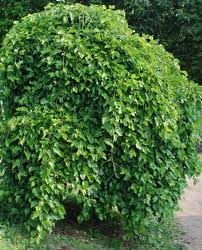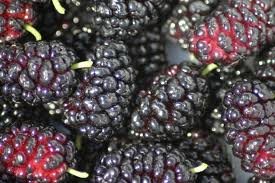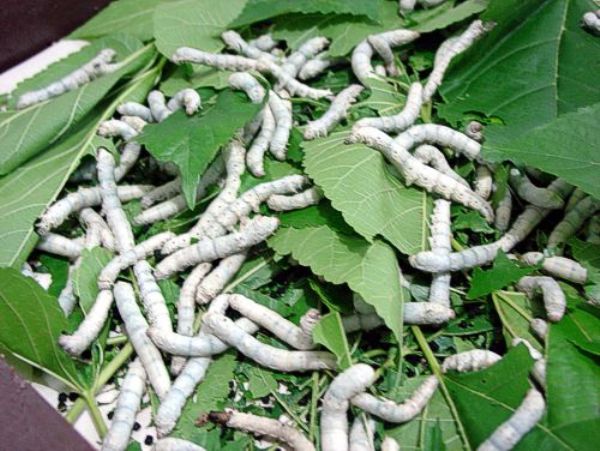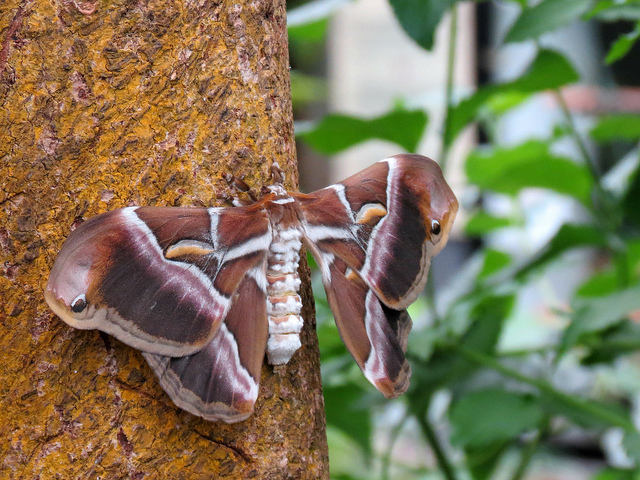Delicate
Delicate
Delicate
Delicate
Delicate
Delicate
Gods Natural Remedies
“Diseases of every stripe and type have been brought upon human beings by the use of tea and coffee and the narcotics, opium and tobacco. These hurtful indulgences must be given up, not only one, but all; for all are hurtful, and ruinous to the physical, mental, and moral powers, and should be discontinued from a health standpoint. The common use of the flesh of dead animals has had a deteriorating influence upon the morals, as well as the physical constitution. Ill-health in a variety of forms, if effect could be traced to the cause, would reveal the sure result of flesh eating. The disuse of meats, with healthful dishes nicely prepared to take the place of flesh meats, would place a large number of the sick and suffering ones in a fair way of recovering their health, without the use of drugs. But if the physicians encourage a meat-eating diet to his invalid patients, then he will make a necessity for the use of drugs. Nature will want some assistance to bring things to their proper condition, which may be found in the simplest remedies, especially in the use of nature's own furnished remedies,--pure air, and with a precious knowledge of how to breathe; pure water, with a knowledge of how to apply it; plenty of sunlight in every room, if possible, in the house, and with an intelligent knowledge of what advantages are to be gained by its use. All these are powerful in their efficiency, and the patient who has obtained a knowledge of how to eat and dress healthfully, may live for comfort, for peace, for health; and will not be prevailed upon to put to his lips drugs, which, in the place of helping nature, paralyzes her powers. If the sick and suffering will do only as well as they know in regard to living out the principles of health reform perseveringly, they will, in nine cases out of ten, recover from their ailments.
The feeble and suffering ones must be educated line upon line, precept upon precept, here a little, and there a little, until they will have respect for, and live in obedience to, the law that God has made to control the human organism. Those who sin against knowledge and light, and resort to the skill of a physician in administering drugs, will be constantly losing their hold on life. The less there is of drug-dosing, the more favorable will be their recovery to health. Drugs, in the place of helping nature, are constantly paralyzing her efforts. The health institutions for the sick will be the best places to educate the suffering ones to live in accordance with nature's laws and cease their health-destroying practices in wrong habits in diet, in dress, that are in accordance with the world's habits and customs, which are not at all after God's order, they are doing a good work to enlighten our world.”
PC 22

Mulberry tree



Silk Worm
THE silkworm, when full grown, is about three inches long, of a pale green color, with darker spots and a blackish head. It generally feeds on the leaves of the mulberry tree, of which it eats great quantities. The worm grows very rapidly, usually attaining its full size in about thirty days after it is hatched. Soon it begins spinning its cocoon.
It is customary to supply the worms with a hollow roll of paper into which they may retire, or some convenient twig from which they may hang themselves before beginning to spin.
They first make an outer covering of floss-silk to keep off the rain: within this they spin fine silk, bending the head and body up and down and crossing to every side, entirely surrounding themselves with a protection against wind and cold. Within this is a more delicate silk, glued firmly together for the inner chamber, and proof against both air and water. The cocoon, when finished, looks some like a pigeon's egg, and is from an inch to an inch and a half long, and of a bright yellow color. In the picture we see several of these cocoons hanging from a twig. In from three to six weeks after the cocoon is finished, according to the warmth of the place where it is kept, the worm, now changed to a moth, bursts its prison, and makes its way into the world. Some of the cocoons in the
picture you see are open at the side, which shows 'them to be empty.
By thus breaking through his wrappings, the moth of course cuts and spoils the threads of silk, thus making them unfit to be woven into cloth.
So those who raise silkworms for the silk do not wait for the cocoons to open of themselves, but a few days before the proper time for opening, they are either thrown into hot water or steamed, to soften the glue. When the silk is thus loosened, the threads are carefully unwound, and are then ready to be made into silk cloth or ribbons. When the cocoons are thrown into hot water, the moths within are killed; but when, the glue is loosened by steaming, the little prisoners are allowed to come out alive. The latter way seems less cruel as well as more profitable for the silk-grower; for the escaped moth at once begins to lay eggs and prepare to raise more silkworms.
Every time we wear anything made of silk, if no more than a bit of ribbon, and thus remember the curious little creature, who gives his coat and even his house for our comfort, our minds should be led to Him who in his wisdom has fashioned all these
wonderful things, by which we are surrounded.
E. B.